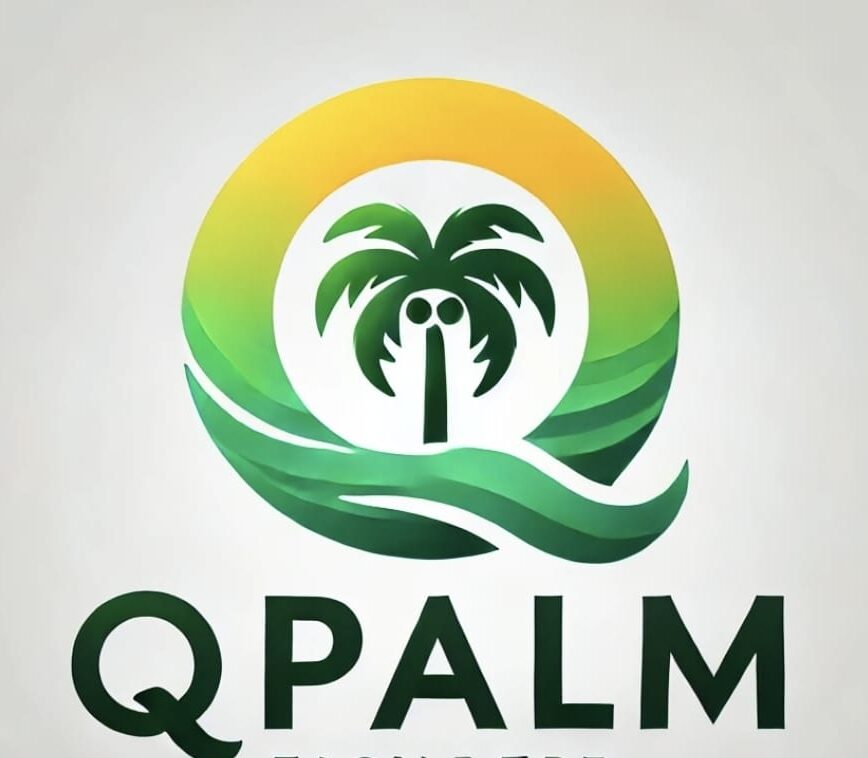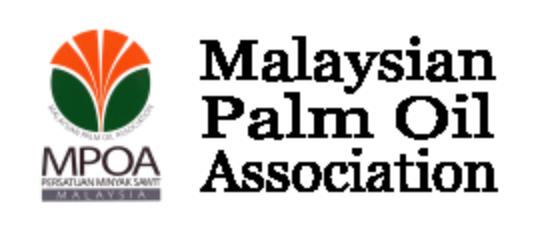KUALA LUMPUR (July 16): Crude palm oil (CPO) futures for the active months in 2024 are forecast to average between RM3,850 and RM4,000 per tonne on Bursa Malaysia, according to the Malaysian Palm Oil Association (MPOA).
In a statement on Monday (July 15), the association said this projection indicates a slight increase compared to the RM3,800 per tonne average witnessed throughout 2023, reflecting ongoing market dynamics and supply-demand balances in the palm oil sector.
MPOA said that in June 2024, CPO production figures from both the MPOA members and the Malaysia Palm Oil Board (MPOB) mirrored each other closely, with MPOA reporting 1.60 million tonnes and MPOB slightly higher at 1.61 million tonnes.
It said this represented a 5% decrease month on month but a robust 12% increase year on year.
The group said market sentiment points towards a potential total CPO production in 2024 exceeding 19 million tonnes based on Malaysia’s first half of 2024 performance, which saw a notable 10% year-on-year increase to 8.88 million tonnes compared to 8.08 million tonnes last year.
It said this growth was predominantly driven by a substantial 19% rise in Peninsular Malaysia, offsetting a 5% decline in Sabah.
However, MPOA said concerns may arise for the second half of 2024, as reduced rainfall in the first half may impact future FFB and corresponding CPO production.
It said the ability of Sabah to bolster production in the latter half of the year will be pivotal in determining if the elusive 19 million-tonne mark can be surpassed.
Outgoing MPOA chief executive Joseph Tek Choon Yee highlighted the sector’s distinctiveness, operating primarily in rural settings and relying on and being exposed to natural elements like rainfall and sunlight — and not in any assembly lines under a roof.
He said the oil palm trees are biologically robust and perennial, enduring for up to 25 years once planted.
“However, the sector faces unique challenges: crude palm oil (CPO) is a commodity traded at market prices, making producers price-takers rather than price-makers.
“Consequently, the industry cannot simply pass on rising costs to consumers. Investments are long-term, with returns fluctuating based on palm product prices,” he said.
Tek said the initial gestation period involves around three years with no income, followed by replanting only after more than two decades. The industry remains predominantly labour-intensive, relying heavily on foreign workers due to locals generally not aspiring for the low-skilled “3D” jobs set against no game-changing mechanisation breakthroughs as yet.
“Compounding these challenges are rising production costs, with the national average for CPO currently standing at RM2,800 to RM3,000 per metric ton,” he said.


